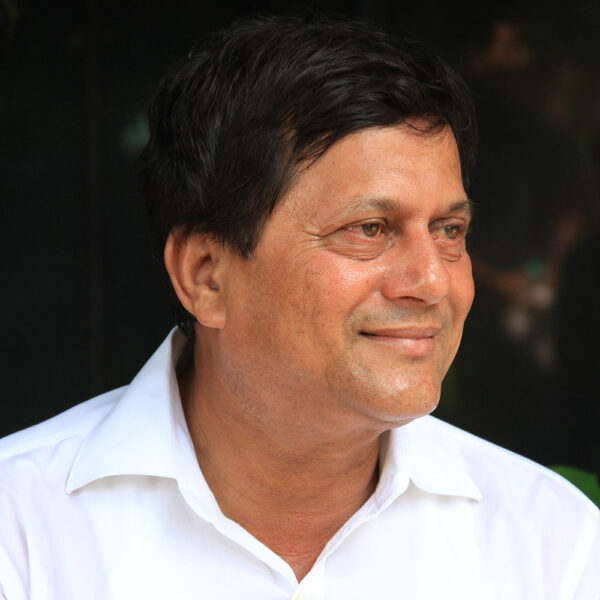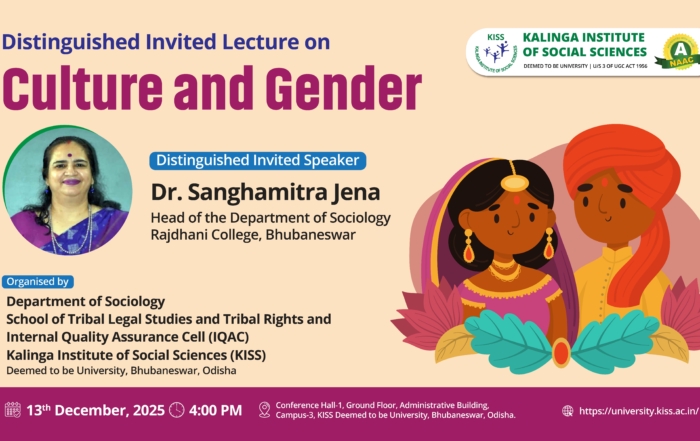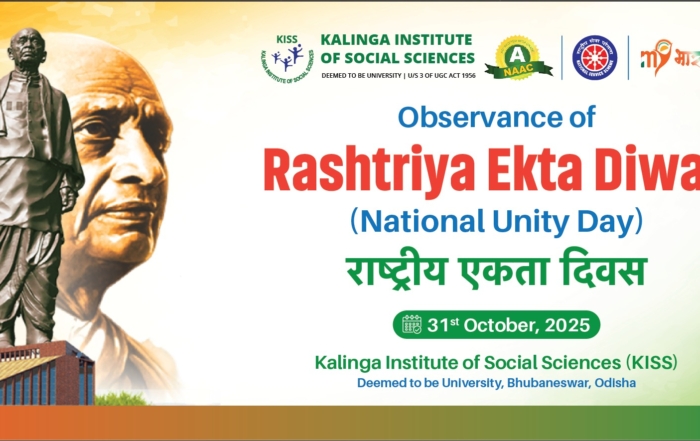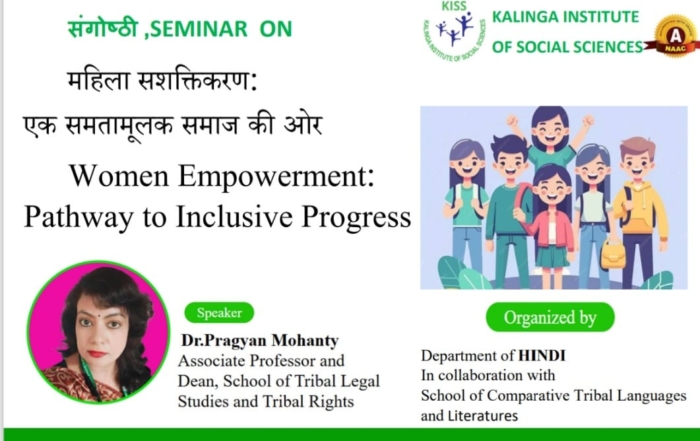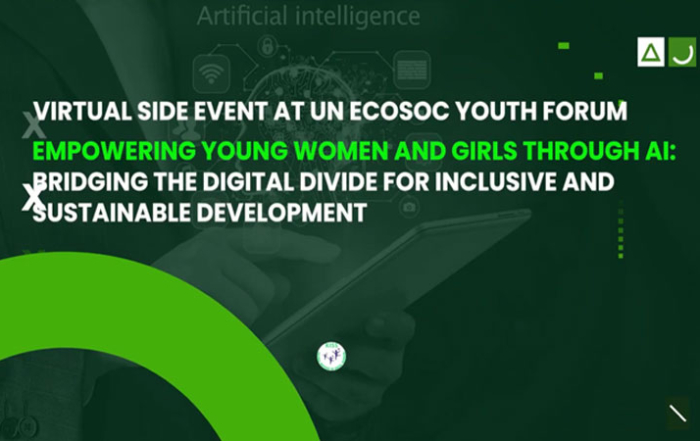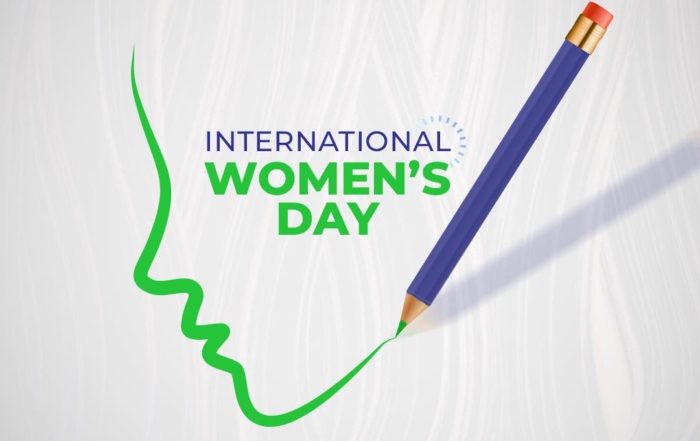SDG 5: Achieve gender equality and empower all women and girls
- End all forms of discrimination, violence and harmful practices against all women and girls
- Recognize and value unpaid care and domestic work through the provision of public services, infrastructure and social protection policies and the promotion of shared responsibility within the household and the family as nationally appropriate
- Ensure women’s full and effective participation and equal opportunities for leadership at all levels of decision-making in political, economic and public life
- Ensure universal access to sexual and reproductive health and reproductive rights as agreed in accordance with the Programme of Action of the International Conference on Population and Development and the Beijing Platform for Action and the outcome documents of their review conferences
- Undertake reforms to give women equal rights to economic resources, as well as access to ownership and control over land and other forms of property, financial services, inheritance and natural resources, in accordance with national laws
- Enhance the use of enabling technology, in particular information and communications technology, to promote the empowerment of women
- Adopt and strengthen sound policies and enforceable legislation for the promotion of gender equality and the empowerment of all women and girls at all levels
Activities Undertaken
- Providing incident and equality monitoring, meted out by a stringent Gender and Sexual Harassment Committee.
- Ensuring zero drop-out rate through focus on quality education for girls to prevent early and forced child marriages and associated unwanted pregnancies.
- Implementing Life Skills Education which spreads awareness about gender equality through student and community engagement, via peer education in villages.
- Bringing innovative initiatives, such as the Kalinga Fellowship, which unites leaders in different sectors like corporate, government and civil society to create an environment of zero tolerance to sexual assault and trafficking of girls in Asia.
- Ensuring more than 50% female enrolment and employing a greater ratio of female staff (70%).
- Implementation of Nua Maa pilot project on behavioral change communication by engaging with the community network of transgenders to deliver change messages in addressing knowledge, attitude and practice gaps in media dark areas, to help pregnant women and lactating mothers while ensuring Infant and Young Child feeding practices.
- Life skill project for differently abled children in special schools
- Institutionalized grievance redressal mechanisms for the prevention of sexual harassment include the Gender Sensitization Cell and the Internal Complaints Committee.
- Value Added Courses with a gender component are being offered, such as Tribal Sports and Games, Life Skills Education, Soft Skills and Personality Development, Gender: Justice and Social Entrepreneurship, Gender Equality, Dr. B.R. Ambedkar Social Philosophy, Self-Help and Happiness, and Social Reforms through Education.

